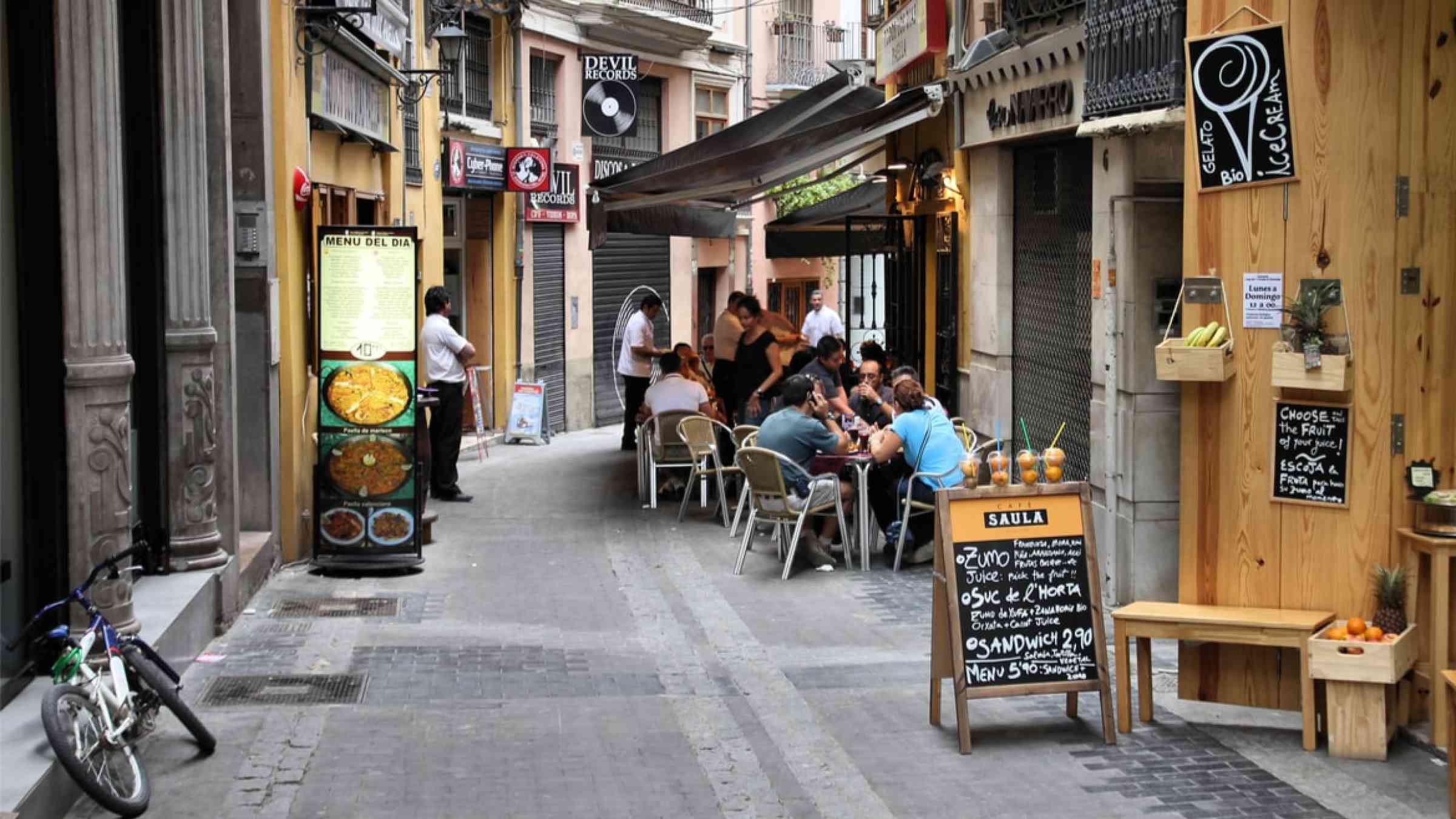
[...]
In 2019, just months before the pandemic hit, Valencia’s regional government asked Oliver to help develop a new strategy that would incorporate artificial intelligence into its governing methodology.
[...]
Although the use of artificial intelligence has become relatively commonplace in large technology and engineering firms over the past decade, it is still unusual for governments to use such systems successfully.
[...]
The surveys were surprisingly well-received by residents, with more than 140,000 responses in the first 40 hours. Over the next few months they generated hundreds of thousands more responses – data points – that helped the Generalitat see what its populace was thinking and feeling almost in real time. Responses included the location, time and manner of social mixing, the personal protection measures residents were taking, how they perceived the relative safety of different activities from grocery shopping to restaurant dining, and whether individuals felt financially secure enough to self-isolate if required.
[...]
The team also developed other predictive models based on machine-learning. One allowed them to forecast the prevalence of Covid-19 in a given area at a given moment; another helped them analyse wastewater from baths, basins, washing machines, and showers, and hunt down anomalies that might reflect changes in local infection rates. A third allowed them to predict future hospitalisation rates, recognising when intensive care units might reach capacity.
[...]